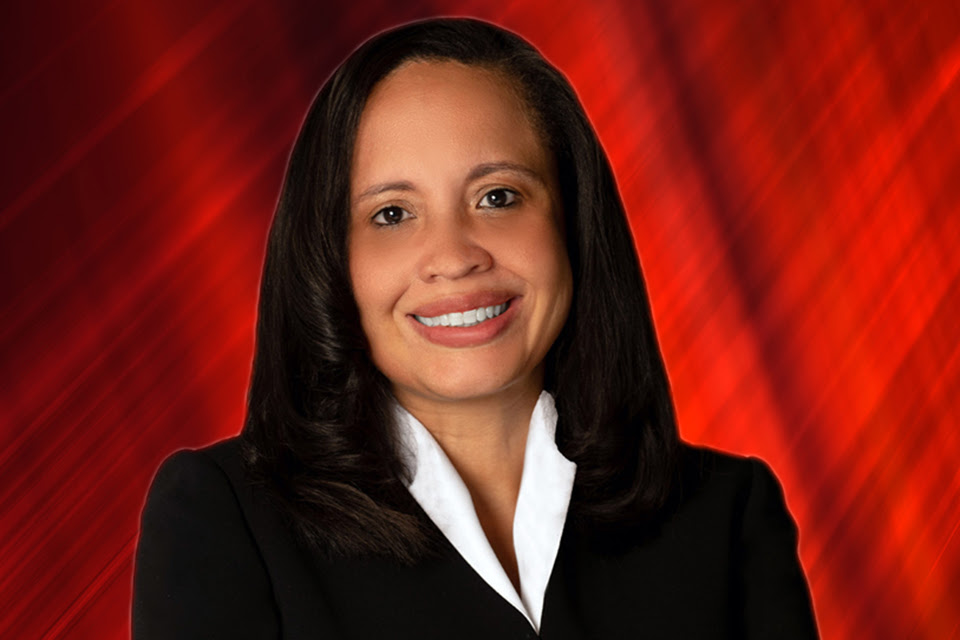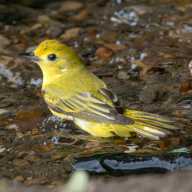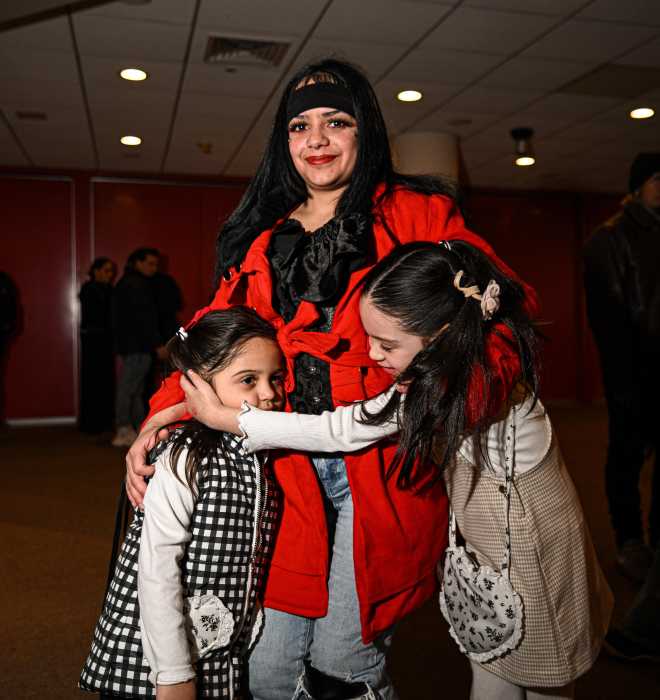A St. John’s University administrator was among the 17 experts named to a federal advisory group that will help identify and recommend changes to geographic names and federal land names that are considered derogatory terms still in use throughout the country.
On the International Day of the World’s Indigenous Peoples (Aug. 9), Secretary of the Interior Deb Haaland named Dr. Rachel Periera, SJU’s first vice president of equity and inclusion to The Advisory Committee on Reconciliation in Place Names to solicit proposals on replacement names and engage with Tribes, the Native Hawaiian Community, state and local governments, and the public.
“I’m excited about the work of this committee,” Periera said. “The United States is the only country to have made a deliberate attempt to create a nation where diverse people can come together. The issues that the committee will engage in exist because we Americans have made the conscious decision to be an inclusive nation.”
Born in Queens Village, Periera attended St. Francis Preparatory School in Fresh Meadows and Hunter College and has served professionally as a teacher, school principal, legal counsel to educational institutions, and an adjunct professor at three graduate schools. At SJU, Periera’s responsibilities include the promotion of diversity, equity, inclusion and anti-racism initiatives campus-wide.
“I’m excited for the timing of this appointment because as we consider these issues at a federal level, we can leverage the opportunity to ensure that all community members at St. John’s know we are committed to inclusivity,” Periera said. “The work is in perfect alignment.”
The panel will seek out potentially insensitive place names on millions of acres administered by the Department of the Interior, including national parks, Bureau of Land Management locations, and U.S. Fish and Wildlife reserves. Less offensive place-name alternatives will be recommended.
“Our nation’s lands and waters should be places to celebrate the outdoors and our shared cultural heritage — not to perpetuate the legacies of oppression,” Haaland said. “I look forward to listening and learning from this esteemed group.”
The committee is composed of individuals who represent Tribes and Tribal organizations, Native Hawaiian organizations, the general public, or have expertise in fields including civil rights, history, geography and anthropology. Members will meet for the first time in the coming months, and approximately two to four times per year, to identify geographic names and federal land unit names that are considered derogatory and solicit proposals on replacement names.

































